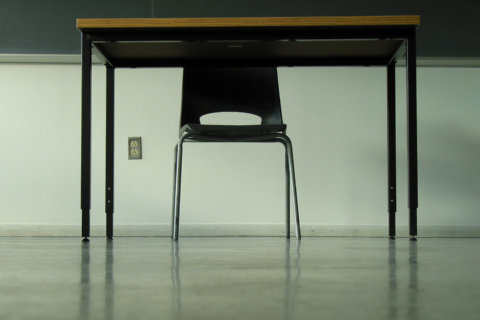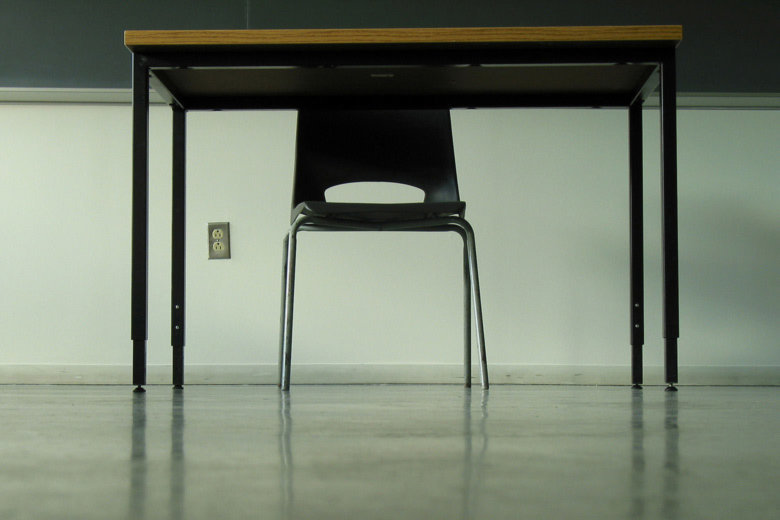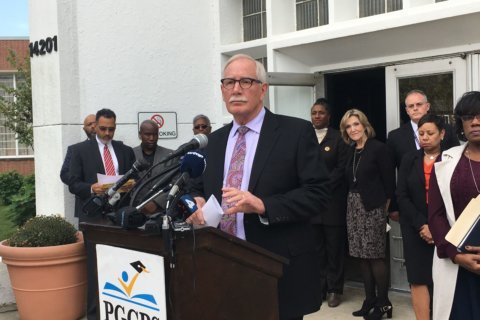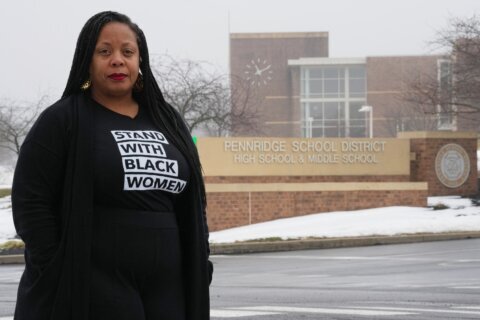
WASHINGTON — School superintendent, CEO, chancellor: They’re different titles for the same basic job — running school systems.
In the past few months, D.C. Schools Chancellor Antwan Wilson left after it was learned he’d bypassed the system’s school lottery process so he could get his daughter into one of the District’s most sought-after schools.
Baltimore County Superintendent Dallas Dance left after failing to disclose he’d been earning an outside income as a consultant; he’s now serving six months for perjury.
And embattled Prince George’s County CEO Kevin Maxwell announced he’d be leaving after the system was roiled by one scandal after another, including findings that dozens of students graduated without meeting state standards.
So now, three area school districts will begin the search for new school leaders. But do superintendents really make a difference?
A 2014 study by the Brown Center on Education Policy at the Brookings Institution suggested that superintendents have little direct impact on student achievement.
Thomas Toch, the director of Future Ed, an independent think tank at Georgetown University, said the role of a school superintendent has become “hyperpolitical.”
“They are subject to the fast-changing and often quixotic agendas of school board members,” Toch said.
Superintendents don’t last long; some put in as many as six years on the job, and “in many places the churn is much greater,” Toch said. And those short tenures make it tough for superintendents to gain the confidence of a cadre of administrators and attract top talent: “It’s very hard to recruit and retain people when they know that the leaders at the top are going to turn over very quickly.”
Getting staff to buy in on ambitious reforms in schools with a growing population of students with a range of needs can be especially tough, Toch said: “It’s really hard to rally the troops in the central office when they know that the boss is going to be changing every couple of years.”
Making a difference
While the Brookings study finds that “Superintendents associated with substantive improvements in district performance are quite rare,” Toch says school leadership can make a difference.
Despite the turmoil in the D.C. Public Schools, Toch said, the reforms instituted under then-Chancellor Michelle Rhee are having an impact. Toch cited results on the National Assessment of Educational Progress, saying, “You see steady improvement in the District of Columbia’s performance at the 4th and 8th-grade levels in both math and reading. That suggests that the reforms are, in fact, making a difference for kids.”
But D.C.’s school system has been hit with allegations that students were allowed to graduate without meeting some of the basic requirements, including attendance. D.C.’s Office of the State Superintendent of Education found one-third of the school system’s graduating class had more than 30 unexcused absences and that others were allowed to earn graduation credits through make-work assignments.
Toch called the challenges in D.C. high schools “severe.” For example, half the students in the attendance area for Ballou High School, in Ward 8, go to charter high schools or some of D.C.’s selective high schools. That leaves Ballou with some of the system’s highest-need students.
“That does not mean that schools like Ballou are justified in giving students ineffective or meaningless diplomas,” said Toch; “heads needed to roll around that and they did.” But he adds, “The deeper problems and causes of those problems,” from low achievement to absenteeism, “need to be addressed.”
“Surely, we have a long way to go in what is a very challenged urban school district,” he said.








